CAPE Test Scores Show DC Public Charters Leading in Educational Equity
By Ariel Johnson, Executive Director
Student growth and achievement is one of the most important ways that we can measure educational equity, and our educators and leaders understand that the city’s most vulnerable students require special attention to ensure that they are both meeting and exceeding key benchmarks in their development. We are driven by the belief that we must rise to the challenge and double-down on our investments for children who are at-risk of falling behind.
D.C. public charter schools are proud to serve a diverse student population where more than 60% of young learners are economically disadvantaged and this year, we are thrilled to share that they achieved double-digit gains on D.C. CAPE test scores. This year’s results demonstrate the hard work and tenacity of our students as well as the dedication of our teachers who provided top-notch instruction despite ongoing political and funding turmoil. Our schools implemented strategies to help students in underserved communities grow, whether that meant boosting attendance to increase learning time, using 1:1 and small group interventions to meet students where they are, or countless other approaches that have been tailored to each school’s unique learning environment. Our schools achieved an average of 7.2 percent more students proficient in math and 6 percent more in ELA. In Wards 5, 7, 8, where 60% of all charter school test takers attend school, students outperformed their peers across the city in both ELA and math at both the 3+ and 4+ levels.
Currently, nine of the top 10 performing schools in ELA for students who are at-risk are charter schools and the data also shows progress in learning for students of color. Black students achieved higher growth in math by 3.5 percentage points while Latino charter students grew by 4.6 percentage points in ELA, more than the citywide average. These results underscore that our investment is paying off.
Many of our schools with large communities of students who are at-risk have developed and delivered innovative approaches to reach these goals. In some cases, the 2025 D.C. CAPE results represent a complete turnaround, particularly for single site schools that too often receive inadequate funding and resources. At the Social Justice School (SJS) where the curriculum is designed to empower students as “scholar-activists,” scores increased by 19.5 points in math and 6.6 points in ELA at the 3+ level. In addition to launching a groundbreaking intergenerational guaranteed income project to help students and families cover their basic needs, SJS has built a culture where every adult in the building teaches to connect students with the interventions they need. They also worked directly with students to help them set their own targeted goals for improvement.
Harmony D.C. Public Charter School saw one of the highest improvement scores in the entire city. Students grew by 15 points in math at the 3+ level on the D.C. CAPE test and by a whopping 23.3 points in ELA at that same level. At Harmony, students are engaged in rigorous programming with an emphasis on science, technology, engineering, and mathematics to equip them with cutting-edge skills for a 21st-century workforce. As part of their effort to improve learning, Harmony has implemented daily progress monitoring and small-group instruction in Math and ELA, supported by additional intervention teachers and collaborative planning time for staff. The school also established a comprehensive professional development program through Teach Like A Champion, with continuous leadership feedback and enhanced instructional materials that have improved academic achievement. Additionally, Harmony hired an Attendance Coordinator who works with the Student Support Team to address attendance issues through targeted activities, resulting in increased in-seat attendance and reduced chronic absenteeism.
At DC Scholars Public Charter School, a community-oriented environment where parents are engaged through initiatives such as the Parent Action Council, scores in math went up 8.3 points and 9.4 in ELA at the 3+ level. The school’s tutoring programs, which have largely contributed to this success, begin with thorough assessments to understand each child's individual strengths and learning opportunities. DC Scholars’ data-driven approach ensures that every student receives the right level of support in the areas where they need it most.
As we step into the new school year, teachers, school leaders, families, community members and our partners in the District’s education agencies have already been thinking about how we can build on our progress through innovation, tailored learning and supporting young people in and outside of the classroom. Each of these success stories illustrates the importance of equitable funding for all of D.C.’s schools. Every student deserves to be in a clean and safe facility so they can focus on learning and gaining new knowledge. Proper funding and support for teachers means that they are fully equipped to focus on the classroom. Through adequate funding, pay for teachers and appropriate resourcing, all of our students can thrive.

